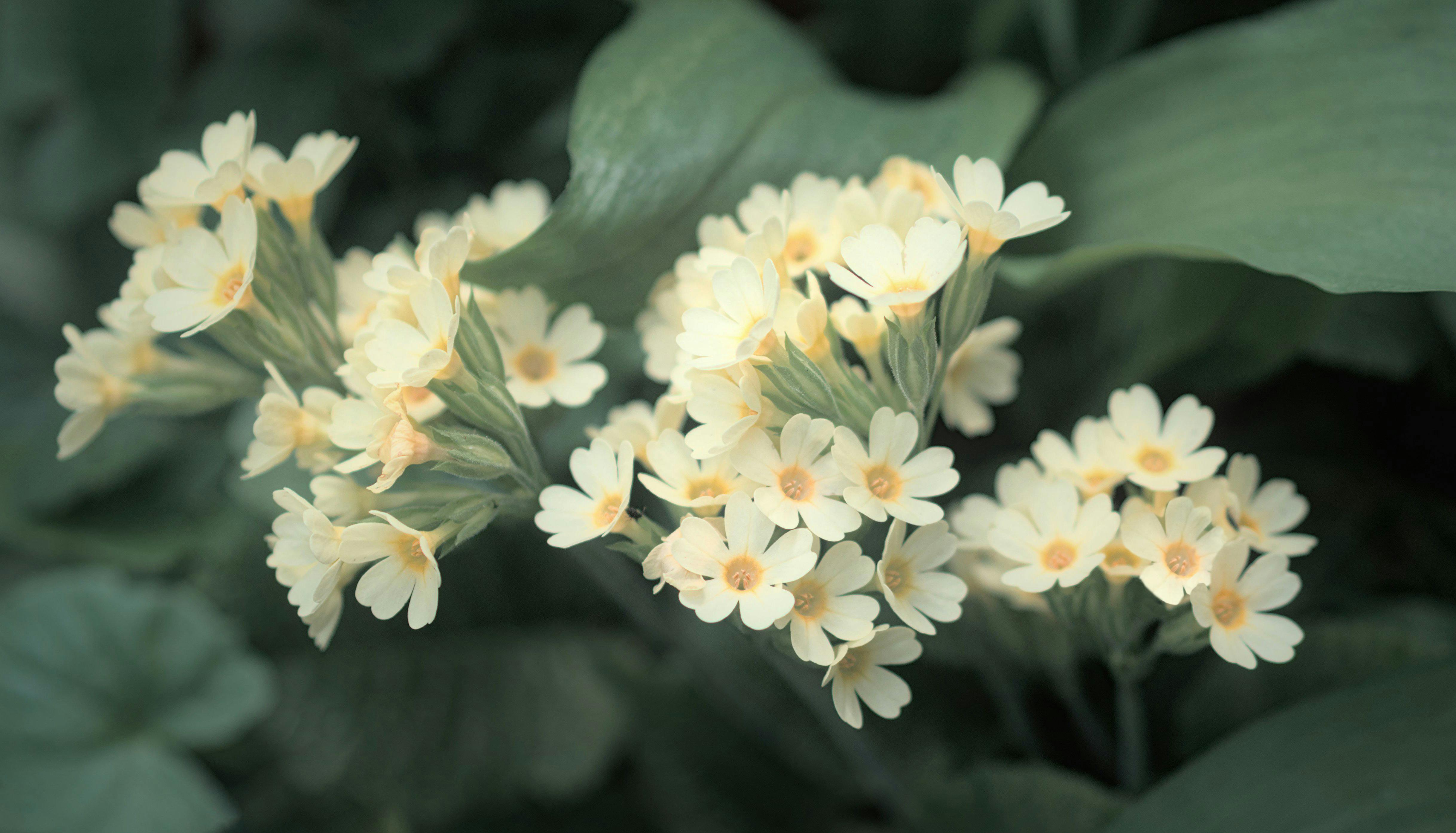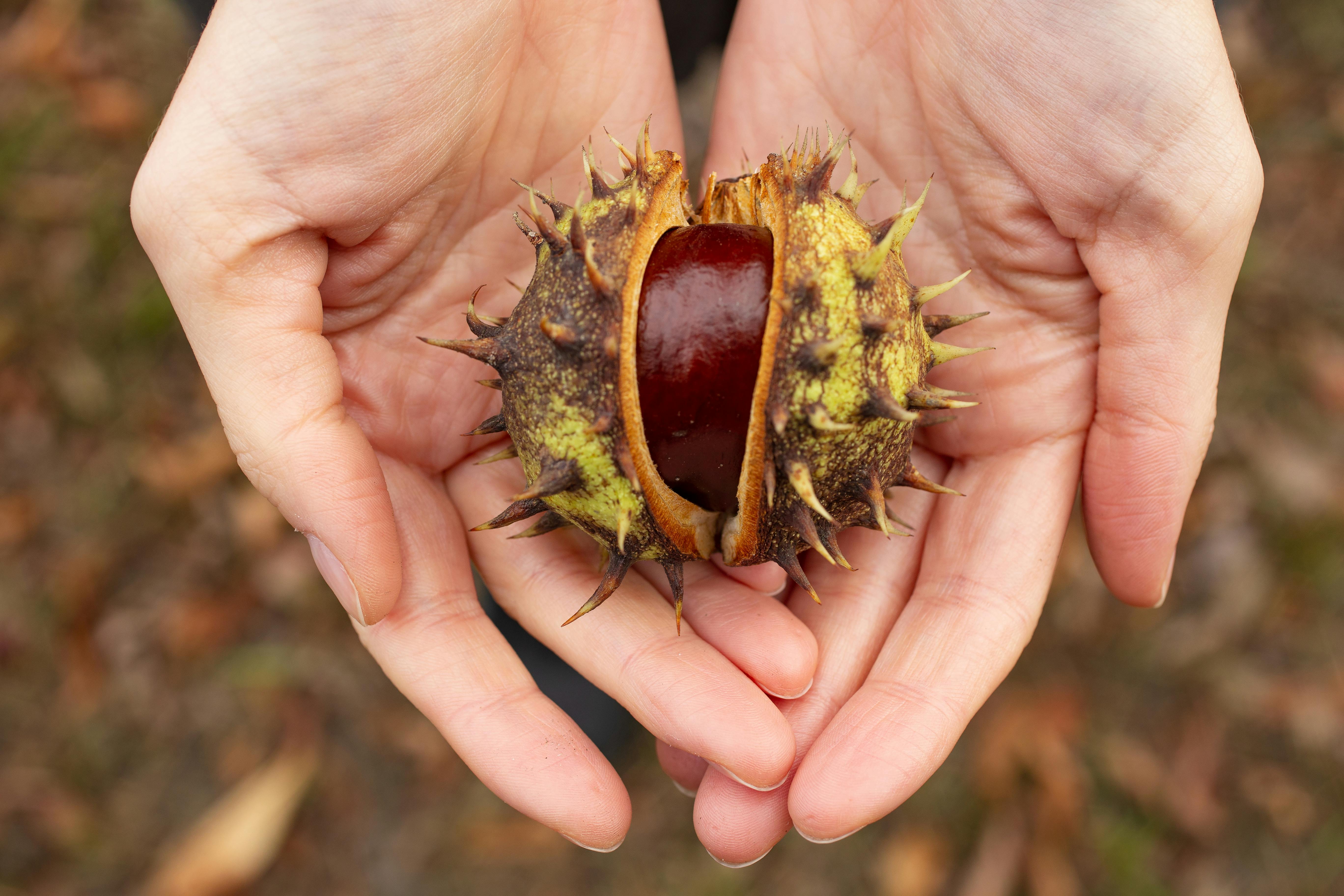Mr. Gardener: A Comprehensive Guide to Gardening Success
Understanding the Basics of Gardening with Mr. Gardener
Gardening can be a rewarding and enjoyable hobby, and with the right guidance, anyone can cultivate a thriving garden. Mr. Gardener provides invaluable insights to help both beginners and seasoned gardeners understand the fundamentals of gardening. From selecting the right plants to managing pests and diseases, learning these basic principles will lay a foundation for a successful gardening experience. In this section, we will explore the essential elements of garden planning and soil preparation.
The Importance of Soil Quality
Soil is the foundation of any garden, and understanding its composition is crucial for plant health. **Mr. Gardener** emphasizes the need to regularly test your soil to determine its nutrient levels. A well-balanced soil contains essential macronutrients such as nitrogen, phosphorus, and potassium. To enhance soil quality, gardeners can amend their soil with organic materials like compost or well-rotted manure, promoting better drainage and fertility. Investing time in soil improvement can lead to healthier plants and higher yields.

Choosing the Right Plants for Your Garden
One of the most exciting parts of gardening is selecting the plants that will thrive in your space. When choosing plants, consider factors such as climate, soil type, and light conditions. Mr. Gardener highlights the importance of researching plant varieties suitable for your region, as some may flourish better than others. Additionally, incorporating a mix of annuals and perennials can ensure continuous blooms and varied textures throughout the season. Planning your garden layout thoughtfully will help maximize space and beauty.
Effective Pest Management Strategies
Pest control is a critical aspect of maintaining a healthy garden. Mr. Gardener suggests employing integrated pest management (IPM) strategies that minimize the use of chemicals while effectively managing pest populations. Natural solutions such as introducing beneficial insects, like ladybugs and lacewings, can help keep harmful pests in check. Moreover, practicing crop rotation and companion planting can confound pests and enhance plant growth. Remember, a proactive approach to pest management will prevent infestations and diseases.
Advanced Techniques for Improving Your Garden with Mr. Gardener
Once you have grasped the basics of gardening, it’s time to explore advanced techniques that can elevate your garden to new heights. Mr. Gardener advocates for a variety of methods, including vertical gardening, raised beds, and hydroponics, each offering unique advantages. In this section, we will delve into these advanced practices and their benefits for your gardening endeavors.
Vertical Gardening: Maximizing Space
Vertical gardening is an innovative solution for gardeners with limited space. This technique involves growing plants upwards rather than outwards, making it perfect for urban environments or small backyards. Mr. Gardener recommends using trellises, wall planters, and hanging pots to create a lush, vertical garden. By planting climbing plants such as beans, cucumbers, and certain flowers, you can effectively utilize space while beautifying your area. Additionally, vertical gardens can improve air circulation, reducing the risk of fungal diseases.

Raised Beds: Enhancing Soil and Drainage
Raised beds are another excellent option for improving your gardening experience. By constructing elevated planting areas, you can achieve better soil control, drainage, and accessibility. Mr. Gardener stresses the advantages of raised beds, particularly when it comes to soil warmth and disease prevention. Using materials like cedar or treated wood for construction ensures durability. Additionally, raised beds can be filled with a custom soil mix to cater to the specific needs of your plants, maximizing growth potential.
Hydroponics: The Future of Gardening
Hydroponics is a revolutionary gardening method that allows plants to grow without soil, utilizing nutrient-rich water solutions. Mr. Gardener highlights this technique’s benefits, including faster growth rates and less water usage compared to traditional gardening. Setting up a hydroponic system may require an initial investment, but the long-term yields can be substantial. Home growers can experiment with different systems, such as nutrient film techniques or deep water culture, to discover what works best for their situation.
Seasonal Gardening Tips from Mr. Gardener
Maintaining a garden requires adapting to the changing seasons. Mr. Gardener provides essential tips tailored to each season’s needs, ensuring your garden remains productive year-round. In this section, we share strategies for successful spring, summer, fall, and winter gardening.
Spring Gardening Essentials
Spring is the perfect time to prepare your garden for growth. Begin by performing spring clean-up, which involves removing debris, dead plants, and weeds. Mr. Gardener recommends checking your gardening tools and ensuring they are in good condition for the upcoming season. Starting seeds indoors can give your plants a head start, while direct sowing cold-tolerant crops like peas and lettuce can yield early harvests. Fertilizing your soil with a balanced fertilizer can also help promote robust plant development.
Summer Care Strategies
During the summer, plants require consistent attention to thrive. Mr. Gardener emphasizes the importance of regular watering, especially during particularly hot weeks. Using mulch can conserve moisture, suppress weeds, and maintain soil temperature. Additionally, this time of year is ideal for pruning and deadheading flowers to encourage further growth. Keeping an eye out for pests and diseases enables early intervention, safeguarding the health of your garden.
Preparing for Fall and Winter
As the seasons change, it’s important to prepare your garden for cooler temperatures. Fall is an excellent time for planting bulbs and perennials to ensure vibrant spring blooms. Mr. Gardener advises cleaning and storing garden tools properly to prolong their life. In winter, consider covering your garden with mulch or fabric to protect plants from extreme weather. Planning next year’s garden during winter months can also set you up for success, giving you plenty of time to consider plant selections and layout adjustments.
Key Takeaways
In summary, gardening is an enriching pursuit that can be made simpler and more enjoyable with guidance from Mr. Gardener. By focusing on the fundamentals, adopting advanced techniques, and following seasonal strategies, you can create a thriving garden. Remember to test your soil, choose the right plants, and manage pests effectively. Whether you opt for traditional or innovative gardening methods, the key is to keep learning and experimenting to discover what works best for your space.
FAQ
1. What are the most common gardening mistakes to avoid?
Common mistakes include overwatering, not testing soil, and planting without considering sunlight needs. Mr. Gardener suggests conducting thorough research and planning before planting to minimize errors.
2. How can I improve my garden’s pest control naturally?
Employing natural pest control methods such as introducing beneficial insects, using essential oils, and applying neem oil can help manage pests without harmful chemicals, according to Mr. Gardener.
3. What plants are best for beginners starting a garden?
For beginners, Mr. Gardener recommends choosing easy-to-grow plants like radishes, carrots, tomatoes, and herbs. These plants typically require minimal maintenance and are rewarding to cultivate.
4. How can I extend my growing season?
To extend the growing season, consider using row covers, cold frames, or greenhouses as suggested by Mr. Gardener. These methods help protect plants from early frost and prolonged cool temperatures.
5. What are some benefits of vertical gardening?
Vertical gardening helps save space, enhances air circulation, and reduces pest issues. This innovative technique can create stunning visual displays in smaller areas, maximizing your gardening area.
6. When is the best time to start a garden?
The best time to start a garden varies by region, but generally, late winter to early spring is ideal for many areas. Mr. Gardener encourages checking local frost dates and climate trends to plan your garden effectively.
7. Can I grow vegetables indoors successfully?
Yes, using containers, LED grow lights, and choosing varieties like herbs and salad greens can lead to successful indoor gardening. Mr. Gardener shares that many vegetables can thrive indoors with proper care and lighting.
